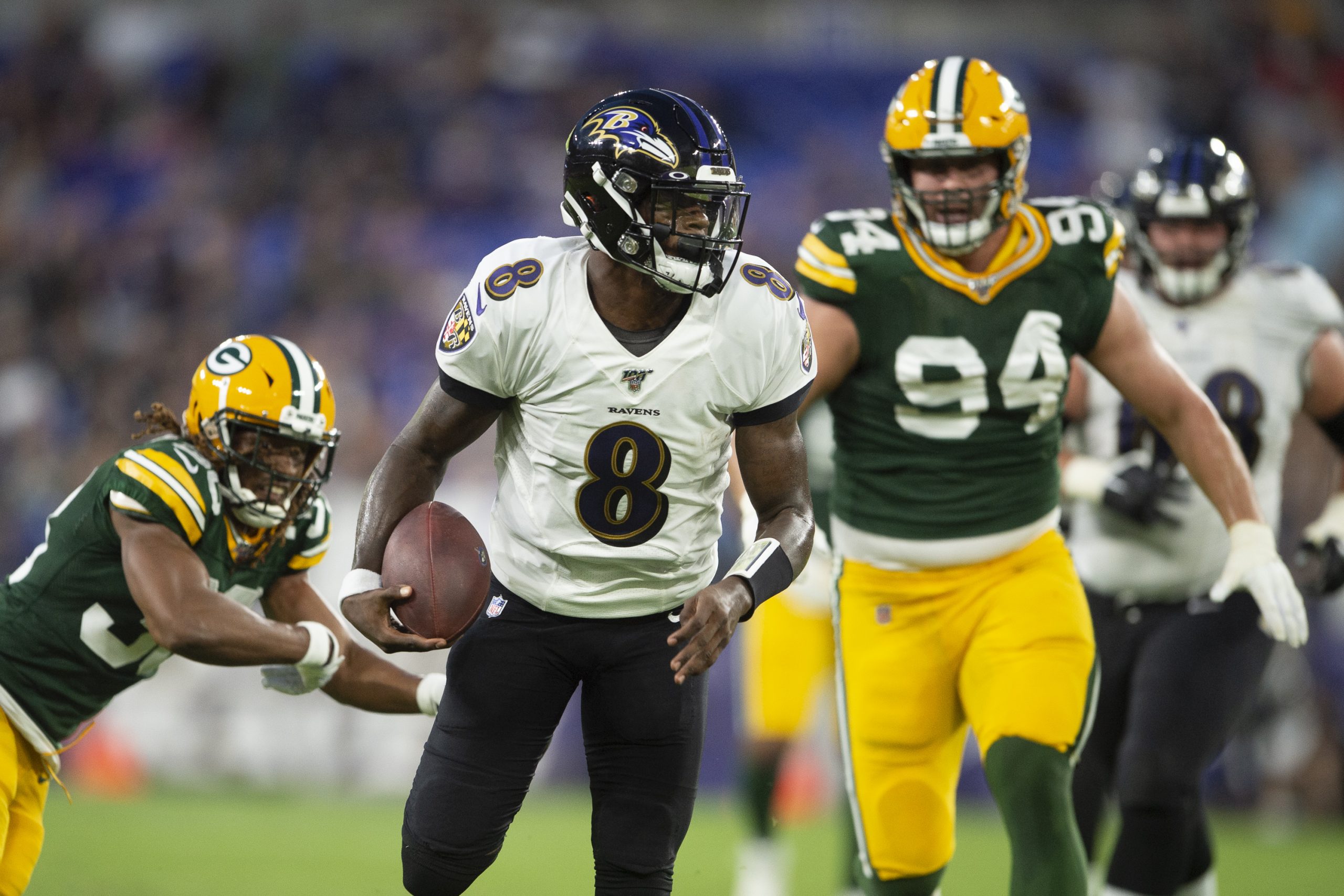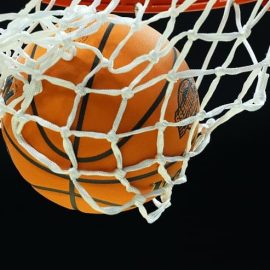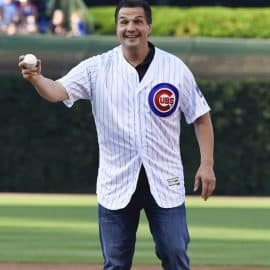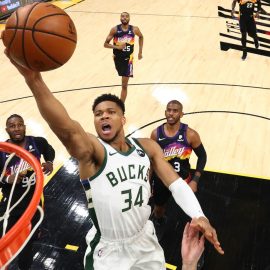A single dose of performance-enhancing drugs could last in the system of an athlete for a decade, giving them an unfair advantage over others. In the wake of COVID 19, testing has slowed. The pandemic made the collection of urine and blood samples impractical, infeasible.
A survey by the US Anti-doping Agency shows that the number of sportspeople using banned substances increased during the pandemic when there was no testing.
The room to cheat
In early 2019, anti-doping agencies tested over 231 000 urine and blood samples from athletes. The pandemic has majorly weakened that rigor. By September, only 111,000 samples had been collected and tested. In cities with stringent lockdown measures, only a few hundred samples have been collected so far in the year.
The effects of the pandemic have provided a ripe opportunity for doping in manners that may ruin the integrity of professional sports for many years.

Winter sports and reason to be skeptical
The postponed Tokyo Olympics is just a few months away, and between now and then, there are many winter sporting events around the world. Even though the Word Anti-doping Agency is peaking the pace of testing as lockdowns get lifted, the damage may be done.
Sources reveal that close to 3000 athletes in the USA have been using banned stimulants in the lockdown period. A collaborative survey between USADA and experts from the University of Carolina shows that doping has indeed been prevalent in 2020.
The survey was done among more than 1400 athletes. The study revealed that close to 10% of the athletes used banned muscle stimulants in the last 12 months.
2.5% of the test subjects anonymously admitted to using testosterone and other potent banned substances.
Four percent of test subjects admitted to using marijuana and “less illicit’ drugs, including asthma drugs that improve lung capacity and circulation.
The damage is done
Every athlete, even those that use banned substances, are skeptical that their rivals are doping even harder this time of the pandemic. The survey found that 50% of test subjects believe that international sportspersons had taken advantage of slowed testing during the pandemic to dope. 30% believe that US athletes are doping wildly too.
WADA has currently rolled out massive testing as sporting events restart in places where they were canceled. While that’s a welcome move, fans and law-abiding sportspersons believe the damage is done.
Some steroids can last in the body for close to a decade after use. That means fans and regulators should be more skeptical of new records set now, in next year’s Tokyo Olympics and even the Winter Games in Beijing 2022.
What must happen to save the face of professional sporting?

The only hope for salvaging professional sporting is to change the nature of the current anti-doping measures. These are the recommendations:
- Test many athletes both in competition and out of the competition. Anti-doping agencies should consider creating a principle biological profile for each sportsperson before a season begins so that it’ll be easier to monitor anomalous spikes in performance when they are in action.
- Athletes should be made aware of the Therapeutic Use Exemption provisions if they should participate in studies that use high-quality third-party tested SARMS, for instance, or when they use marijuana for healing benefits.
- Encourage athletes to regular check updated WADA’s prohibited lists. New supplements hit the market every day. One may unknowingly use health supplements that contain banned formulations.
- Increase research in anti-doping tests. Dopers are always years ahead of testers. Funding and rewarding research that develops better ways of testing can help testers to catch up and get ahead of the game.
- Double the penalties for getting caught. Current punitive measures are not taken seriously. WADA should consider a lifetime ban for those caught cheating. But that should be enforced in an environment of precision testing and zero false positives.
- Educate the sporting community on the dangers of steroids. Many sportspersons, if they knew the extensive damage that these banned substances cause on their vitals, might never touch them again. Anti-doping campaigns are lacking in this aspect.
- Encourage proper nutrition and natural fitness. Supplements used must be traceable and with formulations that are 100% free of all banned substances. Athletes should consult their doctors before taking any mediation or supplementation to save themselves from inadvertent doping.
- Reward clean competitors. Prizes and monies that are seized from those caught in doping should end up in the pockets of their fellow competitors, those that came 2nd, 3rd, or 4th on nothing but pure sweat and blood. Otherwise, they’ll have no motivation to keep doing it clean.
Add The Sports Daily to your Google News Feed!







